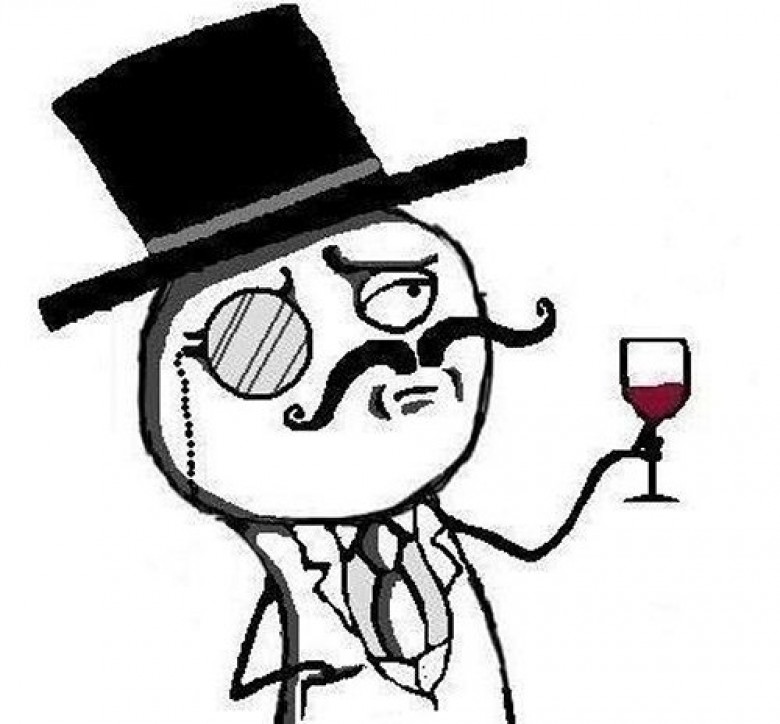The origin of the word Bajau is not clear cut. It is generally accepted that these groups of people can be termed Bajau, though they never call themselves Bajau. Instead, they call themselves with the names of their tribes, usually the place they live or place of origin. They accept the term Bajau because they realize that they share some vocabulary and general genetic characteristic such as in having darker skin, although the Simunuls appear to be an exception in having fairer skin.
British administrators in Sabah, labeled the Samah as Bajau and put Bajau in their birth certificates as their race. During their time in Malaysia, some have started labeling themselves as their ancestors called themselves, such as Simunul. For political reasons and to ensure easy access to the Malaysian special privileges granted to Malays, many have started calling themselves Malay. This is especially true for recent Filipino migrants.
For most of their history, the Bajau have been a nomadic, seafaring people, living off the sea by trading and subsistence fishing.[5] The boat dwelling Bajau see themselves as non-aggressive people. They kept close to the shore by erecting houses on stilts, and traveled using lepa-lepa, handmade boats which many lived in.[5] Although historically originating from the southern Philippine coasts, Sabahan Sama legend narrates that they had originated from members of the royal guard of the Sultan of Johor, after the fall of the Malay Malacca empire, who settled along the east coast of Borneo after being driven there by storms. Another version narrates that they were escorting the Sultan's bride, but the bride was later kidnapped by the Sultan of Brunei. The fact that the Bajau-Sama languages belong to the Philippine branch of Malayo-Polynesian languages would substantiate the anthropological origins of the Bajau groups to be from the Philippines, and put the origin legends down to the historic Malay-centric influence of Bajau culture.
However, there are traces that Sama people came from Riau Archipelago especially Lingga Island
 more than 300 years ago. It is believed by some that the migration process of Samah to North West Borneo took place more than 100 years earlier, starting from trade with the Empire of Brunei. (note connection to bride being sent from Johor to Sulu and then being kidnapped by the Prince of Brunei) With the fall of the legitimate Sultan of Johor due to being overthrown by Bugis immigrants, Sama people fled to the west coast of North Borneo where they felt safe to live under the protection of the Brunei Sultanate. That's why native Kadazan-Dusun call Sama people as "tuhun(people of) Sama" or "tulun(people of) Sama" in their dialects, the form of recognition before western civilization found Borneo. It was believed that Sama people are not from the royalty of the Sultanate, but loyal workers, craftsmen, boat builders and farmers that fled from cruelty of ethnic cleansing in chaotic Johor during aggression of the Bugis taking over the throne of Johor.
more than 300 years ago. It is believed by some that the migration process of Samah to North West Borneo took place more than 100 years earlier, starting from trade with the Empire of Brunei. (note connection to bride being sent from Johor to Sulu and then being kidnapped by the Prince of Brunei) With the fall of the legitimate Sultan of Johor due to being overthrown by Bugis immigrants, Sama people fled to the west coast of North Borneo where they felt safe to live under the protection of the Brunei Sultanate. That's why native Kadazan-Dusun call Sama people as "tuhun(people of) Sama" or "tulun(people of) Sama" in their dialects, the form of recognition before western civilization found Borneo. It was believed that Sama people are not from the royalty of the Sultanate, but loyal workers, craftsmen, boat builders and farmers that fled from cruelty of ethnic cleansing in chaotic Johor during aggression of the Bugis taking over the throne of Johor.Currently, there exists a huge settlement of Filipino Bajau in Pulau Gaya, off the Sabah coast. Many of them are illegal immigrants on the Malaysian island. With the island as a base, they frequently enter Sabah and find jobs as manual laborers.
Discrimination of Bajau (particularly from the dominant Tausūg people who have historically viewed them as 'inferior' and less specifically from the Christian Filipinos)[6] and the continuing violence in Muslim Mindanao, have driven many Bajau to begging, or to migrate out of the country. They usually resettle in Malaysia and Indonesia, where they are less discriminated against.[4][7]

